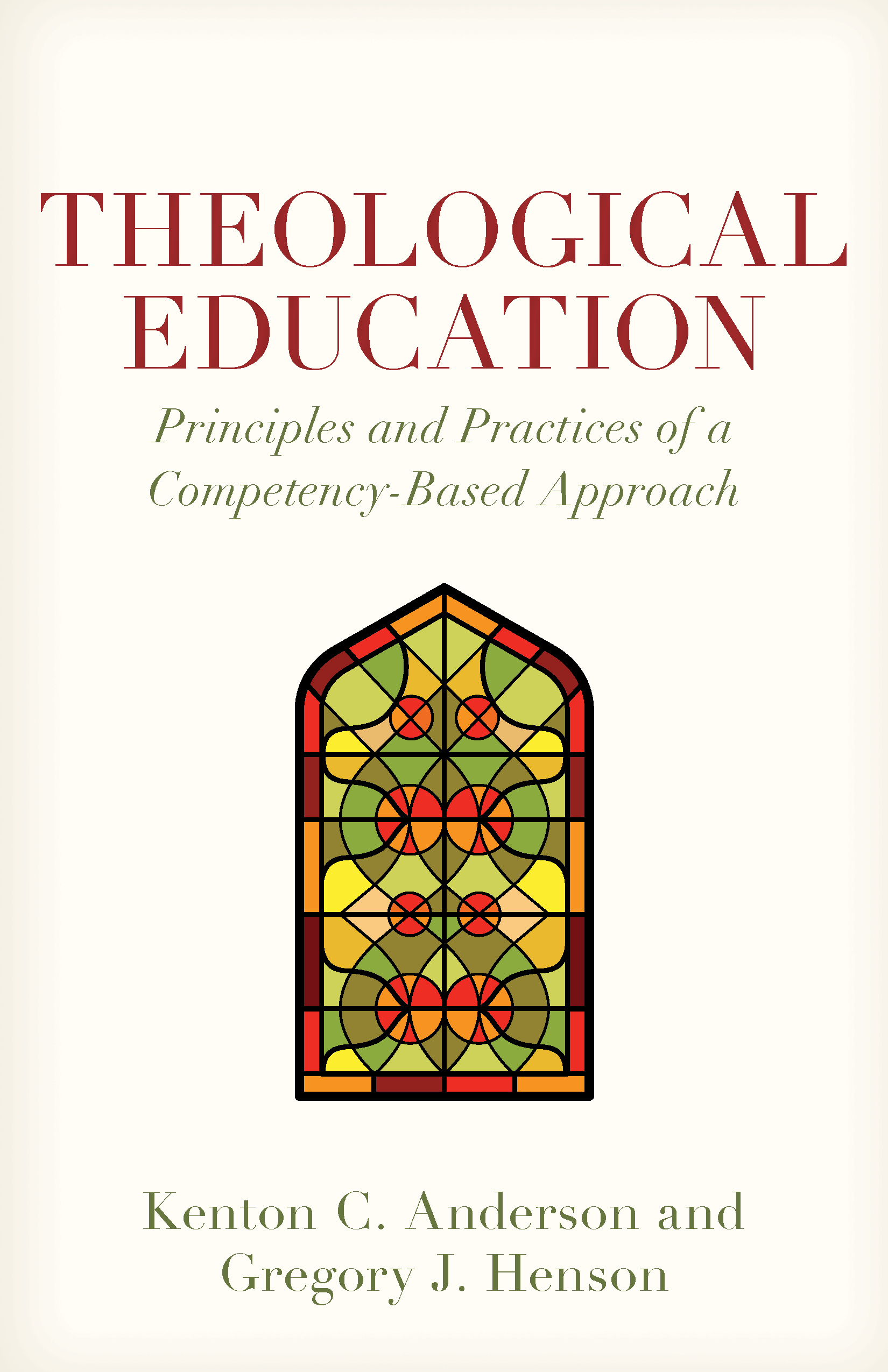
As I continue researching and writing, I am working through the steps of preparing a book proposal recommended in The Book Proposal Book. Today I'll be describing Step #6 - Collect a list of comparable titles.
Comparable titles are books that are similar to the book I am writing in terms of audience. At first I thought this step was like a literature review, where I would find books that are written on a similar topic to mine and summarize them. According to The Book Proposal Book the list of comparable titles is a compilation of books that are similar in audience. Its purpose is to show editors that there is a market for my book. This is proving to be one of the hardest parts of building my proposal. Since my book is about how pastors and church leaders were funded in the historical period of the New Testament, I am crossing into at least two areas that have been commonly explored. On the one hand books have been written about money and the New Testament. Of course on the other hand, books have been written about pastoral ministry in the New Testament. Neither of these areas are directly related and they do not normally intersect with each other. When it comes to finding comparable titles I attempted to find ones that have taken a unique approach to an aspect of New Testament studies that could be similar to my work.
Here are some books I've found so far:
The Open Sanctuary: Access to God and the Heavenly Temple in the New Testament (Baker Academic, 2024).
This important work provides a corrective to the way many people understand the Jerusalem temple in early Christian thought and is the first comprehensive study of the heavenly temple in the New Testament. Similar to The Open Sanctuary, my book is the first comprehensive study about an important another theological concept, funding for vocational ministry. I too have drawn on New Testament writings and early Christian literature as a way to do a deep dive into a particular topic and correct previously held assumptions
Strange Religion: How the First Christians Were Weird, Dangerous, and Compelling (Brazos, 2024).
This book invites readers to see early Christians as practicing a whole new way of thinking about and doing religion that would have been seen as bizarre and dangerous, when compared to Roman religion and most other religions of the ancient world. In a similar way my book calls readers to read New Testament texts with the social context in mind but unlike Gupta's work, my chapters progress from the ministry of Jesus through Paul's letters and into early Christian literature rather than focusing mainly on the social context.
Remarriage in Early Christianity (Eerdmans, 2024).
In this book, A. Andrew Das takes a deep dive into the subject of remarriage. I mirror Das's chapter progressions, moving from Jesus and the Gospels through Pauline work and into early church literature. Yet unlike Das's work, my focus is on the theme of ministry funding rather than remarriage. Both of our books are written for scholars primarily with some crossover appear to laity with an interest in this topic.
Minister Matters: Pastors, Their Life and Work Today (Cascade, 2024).
This edited volume provides a multivalent approach to how pastoral work is seen and performed today. Like my book, it provides insights into the contemporary office of pastor by looking at different aspects and angles of the work through theological lenses. My book relies on the New Testament scriptures and early church documents as the lens to look at a the pastoral vocation, which comes as an application at the end of the book.
I have attempted to provide four comparable titles that are written on similar themes and to similar audiences to my book. In my next post I will discuss the audience of my book. Stay tuned!



